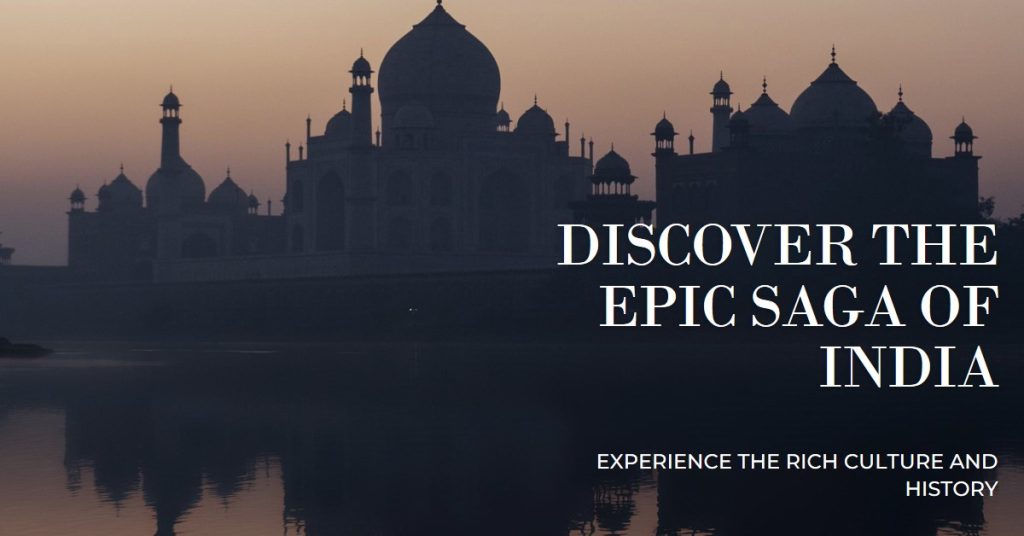
THE STORY…
The recent visit of the Prime Minister of India, Narendra Modi, to the United States, crowned the image of greater power, that currently only the United States and China enjoy in international public opinion.
Modiwas received with honors granted by Americans only to the greatest world leaders. He was given the treatment of Head of State, although he is head of government. As reported by “The Economist”, “…Modi became one of the few foreign leaders, together with Winston Churchill, Nelson Mandela and Volodmir Zelenski to attend a joint session of Congress more than once”… According to the English newspaper “…the global influence of the South Asian giant is increasing rapidly. Its economy is the fifth largest on the planet. Your diaspora of 18 Millions thrive from the US to the Persian Gulf. And India has become indispensable to the US effort to assert itself in Asia and deter any Chinese aggression.”.
What happened?…
I served in India on two occasions in my diplomatic career (and I never left her again…). Firstly at our Embassy in New Delhi, in 1984, and then as Consul General in Mumbai, in 2009. I have, in addition, followed with scrupulous attention the country for which I have enormous affection. In it I forged friendships that were among the deepest in my life.. Thus, I don't know if I have enough freedom of mind to be able to give, how I would like – and it would be fair – my opinion on what I consider my Asian “matrika”. I would like, however, to give my testimony based on my “field experience”. But, as both the affect and the context are very broad, allow me to split my story into several posts, for which I ask for the patience and understanding of my friends.
How I see India, not as a convinced “Western-centric”, but not like a hardened Asian either, let's get to the facts…
When I arrived in New Delhi, on a cold January morning 1984, without any experience other than in the West (I studied in Paris before embarking on a diplomatic career, and later served at the Embassies of Brazil and Brussels and Buenos Aires before leaving for Delhi), the image that came to my mind was one of “exoticism”; that is, shared with most people on this side of the planet the fantasy of the “mysterious east”. We were in 1984, of course…
The India I found was little more than 37 years as an independent country (…and thousands of years as a civilization). That is, was in full effort to build politics and overcome the trauma of the harmful colonialist and independence process, until today unfinished in terms of delimitation of the territory. O fervor nationalista – “Bharat Zindabad” – was at the forefront of the population's skin, and also responded for belligerence towards the neighborhood (read Pakistan, about everything).
Prime Minister Indira Gandhi, daughter of Jawaharlal Nehru, the first Prime Minister and great hero of India's independence process – together with Mahatma Gandhi and Muhammad Ali JInnah, the creator of Pakistan – then lived and pursued the political vision of Non-Alignment and the market reserve that he had inherited from his father to rebuild the country's economy, which had been deliberately destroyed by the English colonizers. India was, So, turned inward and locked away from the rest of the world.
I was there when Indira was murdered on the morning of 31 October 1984, and I witnessed moments of violence among the most frightening in my career (and my life, as a matter of fact…). Having overcome these traumatic episodes, the arrival of your son, Rajiv, to power, provoked a noticeable break with “Nehruvian” India, socialist, terceiro-mundista e anticolonialista, inherited from its predecessors. While maintaining the “dynastic line” that came from his grandfather, Rajiv's youth and alienation from “establishment” traditional politician – he never wanted to take on the post he was given, as a matter of fact, "tax" – allowed him to open spaces for the emergence of the mentality that today predominates among the country's elites: commitment to technology and contemporary times. India then broke with the isolation that the market reserve policy had imposed on it since its independence, with the bonuses and burdens that this option entailed.
From then on, Rajiv Gandhi and the Congress Party, founded in 1885 (by an Englishman, by the way…), rejuvenated by the entrepreneurial activism of his allies – the “maruti boys”, nickname that had been given to the reforming businessmen who accompanied the Prime Minister on the mission to break the chains of traditionalism that held the economy back – and found no power or political party to shadow them, except the “Bharatya Janata Party” /BJP, is that so, very shyly, So, embarked on the adventure of “aggiorning” India’s economy. The focus became information technology, given Indians' natural propensity for abstraction (what, by the way, has a religious background…).
Rajiv was murdered by a “female suicide bomber” while attending an election rally in the southern state of Tamil Nadu, on the night of 21 from May of 1991. The explosion killed at least two others 13 people and injured more than 40. The reason had nothing to do with the internal agenda, but, sim, due to the deployment of the “Indian Peacekeeping Force” (IPKF) to neighboring Sri Lanka, and its alleged atrocities against the Tamils (“tamils”, in English), an ethnic minority from neighboring Sri Lanka that fought for its independence.
With Rajiv’s death, the “Nehru dynasty” came to an end, which until then constituted a continuous line.
And with it the first account of the “Indian saga” is interrupted.
